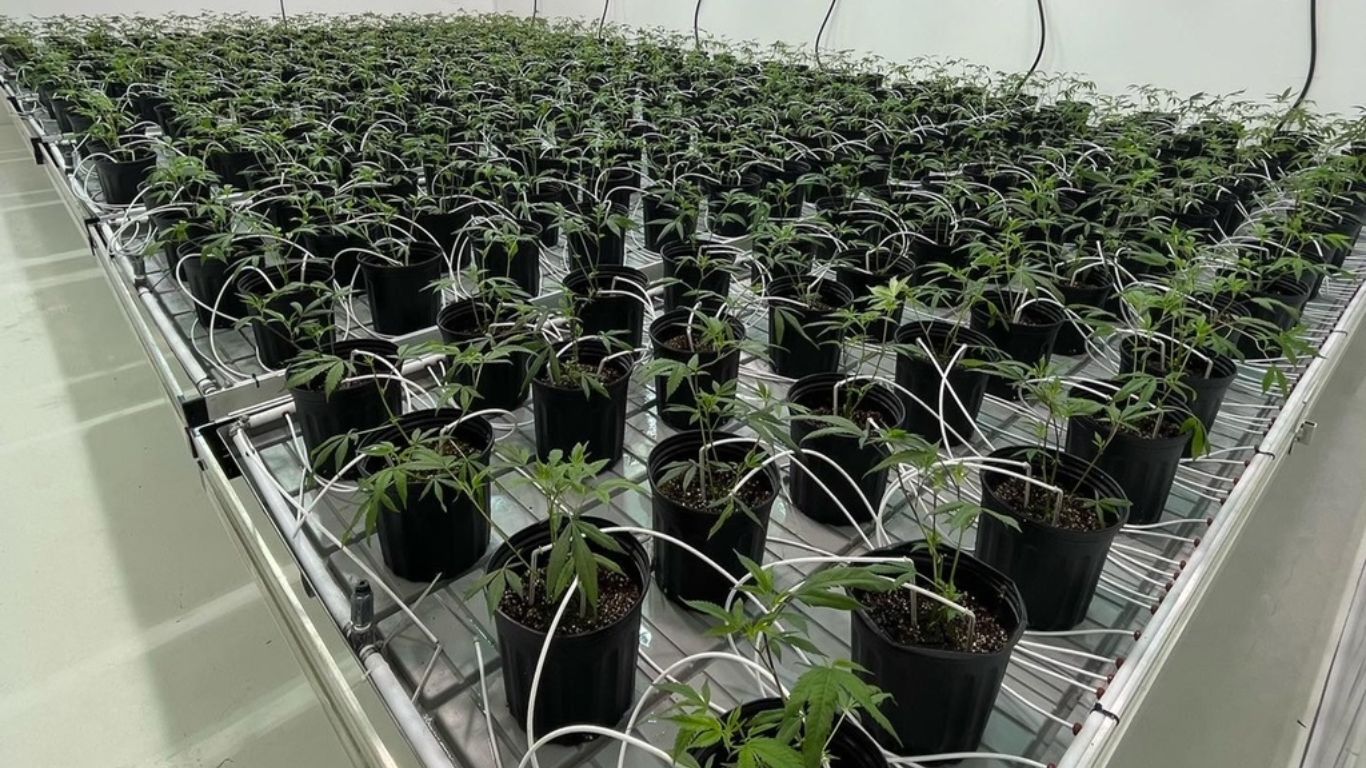
US States that have legalized medical cannabis see a significant decrease in health insurance premiums compared to states that keep it illegal. Legalizing cannabis nationwide could save Americans more than $16 billion in health insurance costs.
A new research paper in the US that looked at health insurance premiums in various states found that individual market health insurance premiums decreased after the implementation of medical cannabis laws.
Following the legalization of cannabis for medical purposes, these states saw a small reduction in premiums in the first five years, followed by a reduction in year six of about $500. The biggest effects were not immediate.
“We find a statistically significant decrease in health insurance premiums starting in year seven post-MCLs [medical cannabis laws], and this downward trend is persistent for following years.”
Researchers found “statistically significant” decreases in health insurance premiums starting seven years after medical cannabis became legal in a particular state, with the downward trend continuing in the following years.
In the seventh, eighth, and ninth year following the implementation of a legal medical cannabis market, researchers found a reduction of health premiums of about US$1,500-$1,700 per year.
The paper’s authors speculate that the savings increase over time as more people begin using cannabis for medical purposes, and any shifts from more conventional medications to cannabis may happen over time with a healthcare provider.
Due to how medical insurance in the US operates, by collecting premiums from all enrollees and paying expenses for the subset of enrollees who need medical treatment, researchers also note that these lower premiums are enjoyed not just by medical cannabis users but by all in states with legal medical cannabis access. In other words, if the costs of using the medical system go down, everyone pays less.
States with access to medical cannabis saw rates of use of the medical system decline. This is also because these health insurance premiums do not cover cannabis used for medical purposes. As individuals who may have otherwise used medication that would have been at least partially covered by health insurance are instead using cannabis, the cost to the system itself goes down, benefitting all who pay in.
However, these effects take time. Researchers found decreases in health insurance premiums starting seven years after medical cannabis became legal in a particular state, but the downward trend continued in the following years.
“We find a statistically significant decrease in health insurance premiums starting in year seven post-MCLs, and this downward trend is persistent for following years,” the paper notes.
“Our results are important as health care expenses, including health insurance premiums, have been growing faster than inflation and comprise an increasing share of a household’s budget.”
Researchers used figures from Arizona, Connecticut, and New Jersey as these are the only states with seven or more years of post-implementation data. The study also excluded states like California, Washington, Oregon, and Colorado that legalized medical cannabis before 2010.
To better understand how these savings could benefit the health insurance sector moving forward, researchers looked at 18 US states that had legalized medical cannabis between 2010-2021 that were not included in the survey results because the systems there are not yet seven years old.
If these states have a similar experience to those observed in this study (Arizona, Connecticut, and New Jersey), researchers estimate a similar savings of about $1,600 per person annually, an annual health insurance premium savings of approximately $9.6 billion.
The paper also estimates that if medical cannabis laws (MCLs) were enacted nationally, the US could have a savings of at least $16.8 billion.












